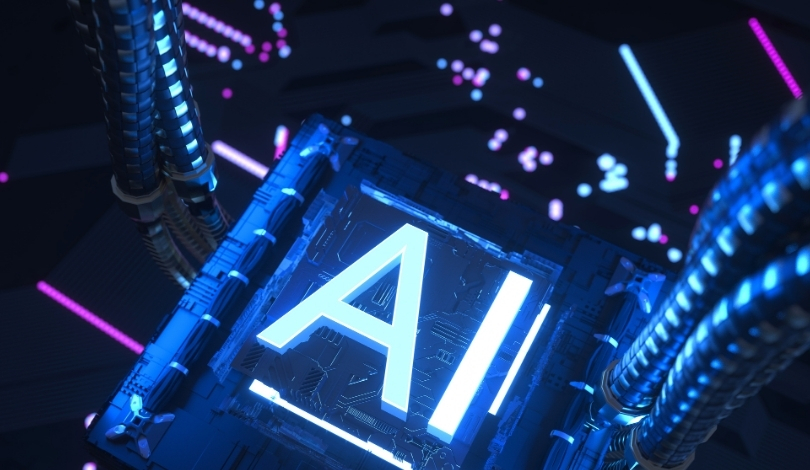Penguin Random House (PRH) has taken decisive action to protect its intellectual property by prohibiting the use of its books in training artificial intelligence (AI) systems. This initiative underscores the publisher’s commitment to maintaining control over its content in an era where AI technologies increasingly rely on vast amounts of data. By implementing these measures, PRH aims to set a precedent for the industry, ensuring that creators retain authority over how their works are utilized in emerging technologies.
Historically, publishers have been cautious about digital rights, but PRH’s recent steps represent a more explicit stance against AI usage. Previous efforts primarily focused on digital piracy and unauthorized distribution, whereas PRH is now addressing the specific challenge of AI training. This shift highlights the evolving landscape of intellectual property concerns as technology advances.
How Did PRH Implement Its New Policy?
PRH introduced a statement on the copyright pages of both new and reprinted books, explicitly stating,
“No part of this book may be used or reproduced in any manner for the purpose of training artificial intelligence technologies or systems.”
Additionally, the publisher has excluded its works from the European Union’s text and data mining exception, aligning with relevant copyright laws. These clauses function similarly to a “robots.txt” file used by websites to prevent content scraping by bots and AI systems.
What Support Has PRH Received from Industry Leaders?
The Authors’ Licensing and Collecting Society (ALCS) has expressed strong support for PRH’s initiative.
“Protecting publishers’ works from unauthorised use in AI training is essential,”
stated ALCS CEO Barbara Hayes. This endorsement reflects a broader consensus among content creators and publishers who are seeking robust protections against the misuse of their intellectual property by AI developers.
What Further Actions Are Being Recommended?
While PRH’s measures are a significant first step, some industry voices advocate for more comprehensive protections. The Society of Authors (SoA) has lauded PRH’s efforts but emphasized the need for additional safeguards.
“Publishers should include explicit protections in author contracts to ensure writers are informed about AI-related uses of their work,”
urged SoA CEO Anna Ganley. This suggests a push towards more structured agreements that clearly outline the terms of content usage in AI training.
The ongoing debate over AI’s use of copyrighted material is shaping the future policies of publishers and the legal frameworks surrounding intellectual property. PRH’s proactive stance may inspire other publishers to adopt similar measures, potentially leading to a collective movement within the industry to safeguard creative works against unauthorized AI exploitation. The effectiveness of these initiatives will depend on the willingness of AI developers and legal bodies to recognize and enforce these restrictions.
As AI technology continues to advance, the balance between innovation and intellectual property rights remains a critical concern. PRH’s actions demonstrate a commitment to protecting creative content, setting a benchmark for other publishers to follow. Readers and creators alike will benefit from clearer boundaries that respect the ownership and original intent of literary works in the digital age.










